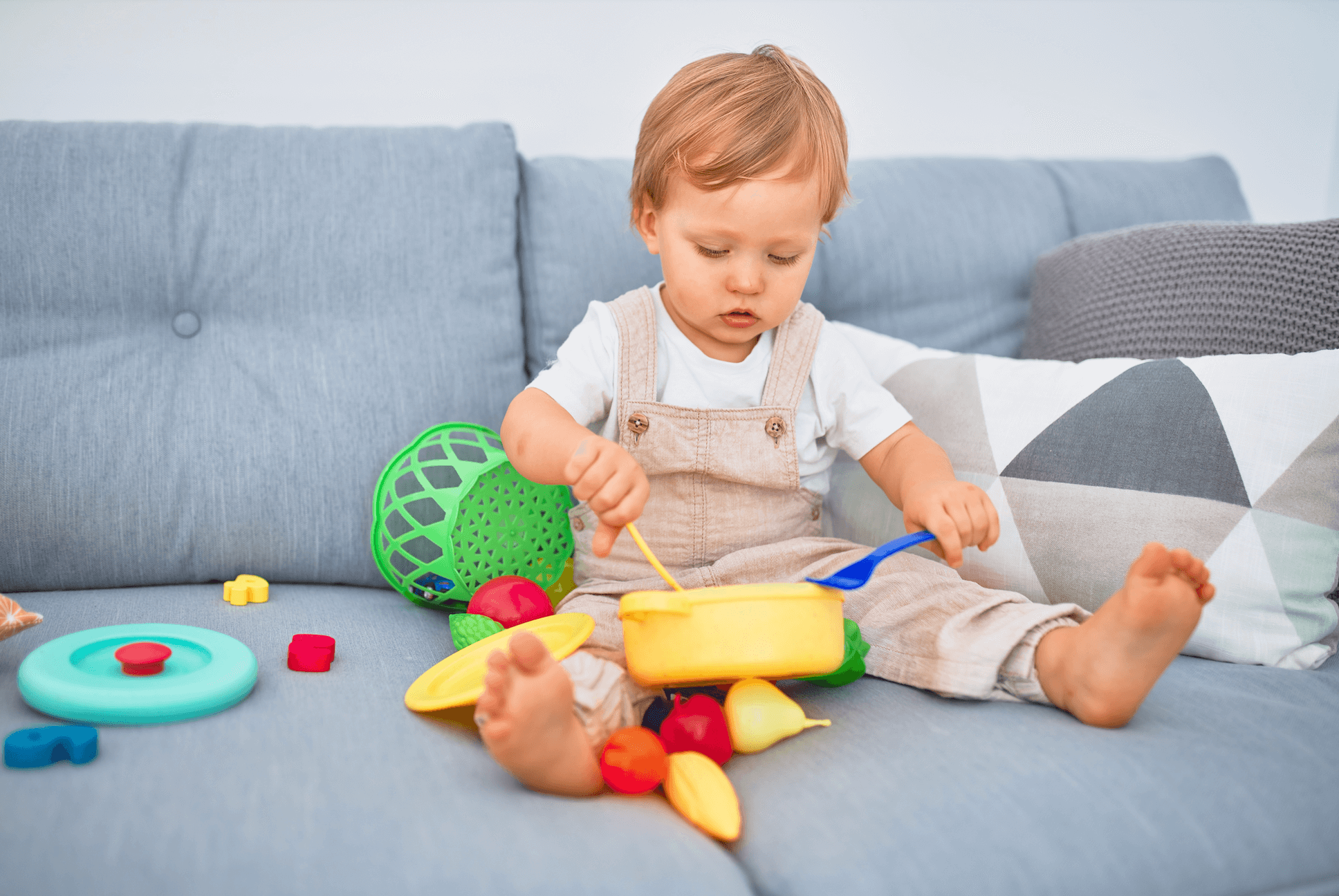
SUMMARY
In this special mashup episode of the All About Kids podcast, we highlight some of the most impactful moments from across dozens of episodes featuring leading professionals in child development, ABA, speech-language pathology, early intervention, and educational services. This episode brings together powerful insights from Dr. Sima Gurva on early communication and parent-child interaction, Abby Landy on launching a private practice and using social media to educate, and Melissa & Haley of Pediatric Speech Pals on the real-world journey of SLP grad school, career pathways, and why working with kids is both rewarding and chaotic. Whether you’re a parent, clinician, or student, this mashup is packed with encouragement, wisdom, and behind-the-scenes perspective from experts in the field.
KEY MOMENTS
1. Dr. Sima Gurva on Foundational Communication
• Parents shouldn’t focus on speech production first.
• “You start with where the child is—tapping, splashing, playing. That’s where the learning begins.”
• Key insight: Follow the child’s lead to build intentionality, engagement, and turn-taking.
2. Why Nonverbal ≠ No Communication
• Nonverbal children have rich communicative capacities.
• “A nonverbal child isn’t defined by what they can’t say—but by what they can already do, nonverbally.”
• Reframing for parents: identify the pre-language skills and build from there.
3. Abby Landy on Launching a Practice Mid-Pandemic
• Started her private practice and content creation journey in March 2020.
• “I wish I had minored in business. There’s so much they don’t teach you in grad school.”
• Social media became a game-changing resource and connection tool for both families and other therapists.
4. The Power of Digital Education & Reels
• Content creation creates a community of support.
• “My families kept messaging: Where’s the next post?”
• Abby shares how researching for posts made her a better therapist.
5. Speech Milestones & Controversy
• Discussion around the CDC lowering expected word counts for 18-month-olds.
• “The average was 50 words—it dropped to 10. That changes how parents perceive progress.”
6. Melissa & Haley of Pediatric Speech Pals on Grad School Grit
• Haley shares how it took 4 years to get into grad school—cold calls, rejections, and persistence.
• “I showed up to universities to ask why I wasn’t accepted. And I kept going.”
• Melissa shares the traditional route—knowing early, staying focused, and going straight through.
7. SLP vs. SLPA Paths Explained
• SLPA = Can treat but not diagnose or evaluate. Great gap year option.
• “You get to see everything and decide if you want to go to grad school.”
8. Clinic vs. In-Home Therapy
• Clinics offer co-treating with OT/PT and more structure.
• In-home settings offer real-life context and flexibility.
• Both settings come with unique challenges—and opportunities for creativity.
9. Why Therapists Love Working With Kids
• The wins are small but meaningful.
• “One second of eye contact, one moment of shared excitement—those are everything.”
• “Kids say the funniest things. No filter, all honesty.”
10. Advice for Aspiring Therapists
• Shadow, cold-email, take chances.
• “Just send the email—it might change your career.”
• “What do you do different? That’s how you get noticed.”
TAKEAWAYS
For Parents:
• A child who isn’t speaking may still be communicating in powerful ways—start where they are, not where you wish they were.
• You can join your child’s world through play, affect, and connection—not just questions or commands.
• Social media can be a surprising ally—credible therapists are now sharing tools and techniques in accessible formats.
For Clinicians & Aspiring Therapists:
• Trust the process, and don’t give up if grad school takes time. Many paths lead to the same goal.
• If you’re unsure about the SLP route, consider becoming an SLPA or shadowing—experience is the best clarity.
• Creating content isn’t just a marketing tool—it can build community, sharpen your expertise, and help you reach more families.
For Everyone Working With Kids:
• Communication is more than speech—it’s intention, engagement, turn-taking, and joy.
• Patience is not passive. It’s an active part of developmental work.
• Join the tapping. Splash the water. The child’s idea is better than yours.
About All About Kids:
AAK, the leading provider of children’s therapeutic and educational skills in New York. Their team of experts offer diagnostic evaluations as well as direct and consultative behavioral intervention services to children with Autism Spectrum Disorders. After comprehensive assessment, each child has a portfolio or program book designed specifically to meet his or her individualized needs. The quality of our ABA services are closely monitored through program and field supervision as well as ongoing consultation by BCBA’s/BCaBA’s, and Experienced Team Leaders.
Click here for a link to comprehensive educational and support resources. Previous podcast episodes and more information about All About Kids is available here.
Follow what’s up with AAK:
